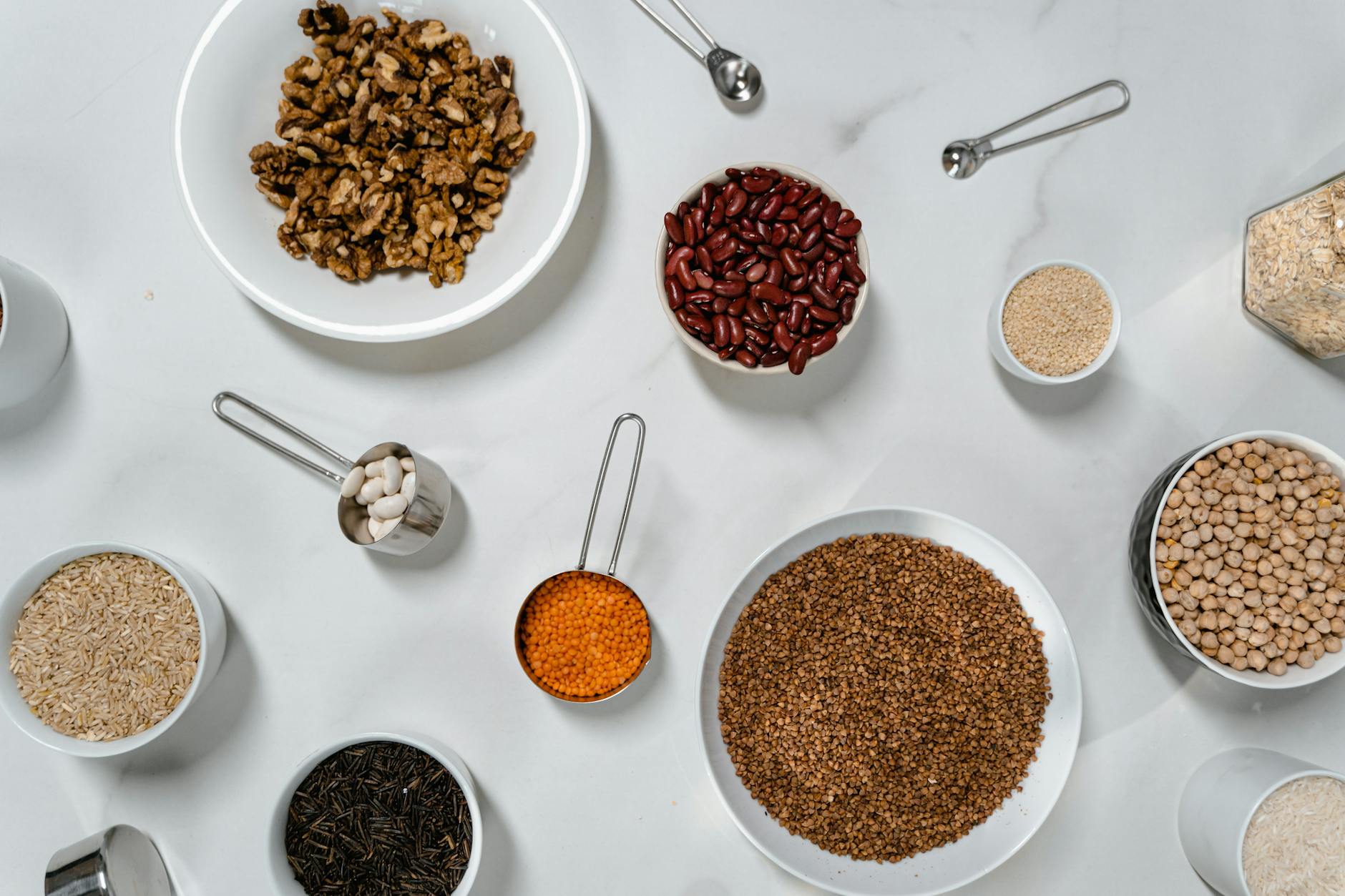
I didn’t know my kidneys needed attention until something shifted quietly
She wasn’t in pain.
She wasn’t sick.
But her doctor brought up her kidneys.
She was surprised.
No symptoms.
No obvious reason.
But her labs said otherwise.
Something was off.
And it had been off for a while.
She just hadn’t noticed.
The problem wasn’t how I felt—it was what I didn’t feel
He said, “The danger is that it stays quiet.”
No fever.
No ache.
No emergency.
Just slow, invisible shifts.
That’s why prevention matters more than reaction.
Because by the time you feel it, damage may already be done.
I didn’t think water made that much difference
She drank when she remembered.
Coffee came first.
Then tea.
Rarely plain water.
But her nephrologist said hydration isn’t optional.
It’s the filter’s best support.
She started carrying a bottle.
Sipped even when she wasn’t thirsty.
It helped.
Salt had crept into everything without me noticing
It wasn’t chips.
It was soup.
Bread.
Sauce.
The little things.
She thought she didn’t eat salty foods.
Until she read the labels.
It was everywhere.
And it added up.
I didn’t know my blood pressure could hurt my kidneys
He thought his numbers were only about his heart.
But high pressure harms more than arteries.
It wears down the kidney’s filtering units.
Slowly.
Relentlessly.
That’s why they monitor both together.
I thought protein was just about muscles
She drank shakes.
Ate eggs.
Worked out daily.
Didn’t realize excess protein stresses kidneys.
Especially when there’s early dysfunction.
It wasn’t about cutting it all.
Just knowing the balance.
The medications I was taking had side effects I didn’t expect
Painkillers.
Antibiotics.
Heart pills.
All filtered through the kidneys.
Some more harmful than others.
He didn’t know NSAIDs could affect kidney function.
He learned after his creatinine rose.
I stopped thinking of my kidneys as separate organs
They don’t work alone.
They talk to the heart.
The bones.
The brain.
Everything runs through them.
Every signal.
Every waste.
Every correction.
She realized kidney health wasn’t just one thing—it was everything.
I didn’t wait for symptoms—I started watching patterns
She started checking her blood pressure weekly.
Not because something felt wrong.
But because she wanted to notice changes early.
She kept a journal.
Brought it to appointments.
That made a difference.
I gave my kidneys more than rest—I gave them routine
He started sleeping better.
Eating earlier.
Drinking water consistently.
Cut back on late-night snacks.
Less caffeine at night.
More fiber at breakfast.
He didn’t do everything perfectly.
But he stayed consistent.
And that’s what helped.
I never knew how much movement helped until I stopped
Injury kept her on the couch for weeks.
She felt heavier.
Not just weight—but inside.
She wasn’t filtering like before.
Her nephrologist said motion helps blood flow.
And blood flow supports the kidneys.
She started walking again.
Slow at first.
But it helped.
I stopped thinking normal meant healthy
Her labs were “okay.”
Not great.
Not alarming.
Just drifting slowly.
That’s how kidney decline starts.
She realized normal isn’t always safe.
And okay isn’t always stable.
I learned how sugar connects to kidney damage
He didn’t have diabetes.
But his sugar ran high sometimes.
That alone increased risk.
Kidneys handle glucose, too.
And long-term highs leave scars inside.
Even without symptoms.
I stopped skipping my checkups after one close call
She forgot one test.
Life got busy.
Six months later, her numbers had shifted.
That’s when she understood
Prevention isn’t passive.
It’s persistent.
She never missed another appointment.
I used to think kidneys fail suddenly
He thought it would be dramatic.
Collapse.
Pain.
Flashing lights.
But his doctor said failure is usually quiet.
It builds.
It waits.
It hides.
Until routine finds it.
I don’t wait for thirst anymore
She used to say, “I’m not thirsty.”
But thirst comes late.
It’s a lagging signal.
By then, dehydration has already started.
Now she drinks throughout the day.
Before her body asks.
I started noticing what goes in—and what comes out
He looked at his urine more.
Not obsessively.
Just aware.
Color.
Smell.
Frequency.
He paid attention.
Because it was giving clues
And he finally started listening.
